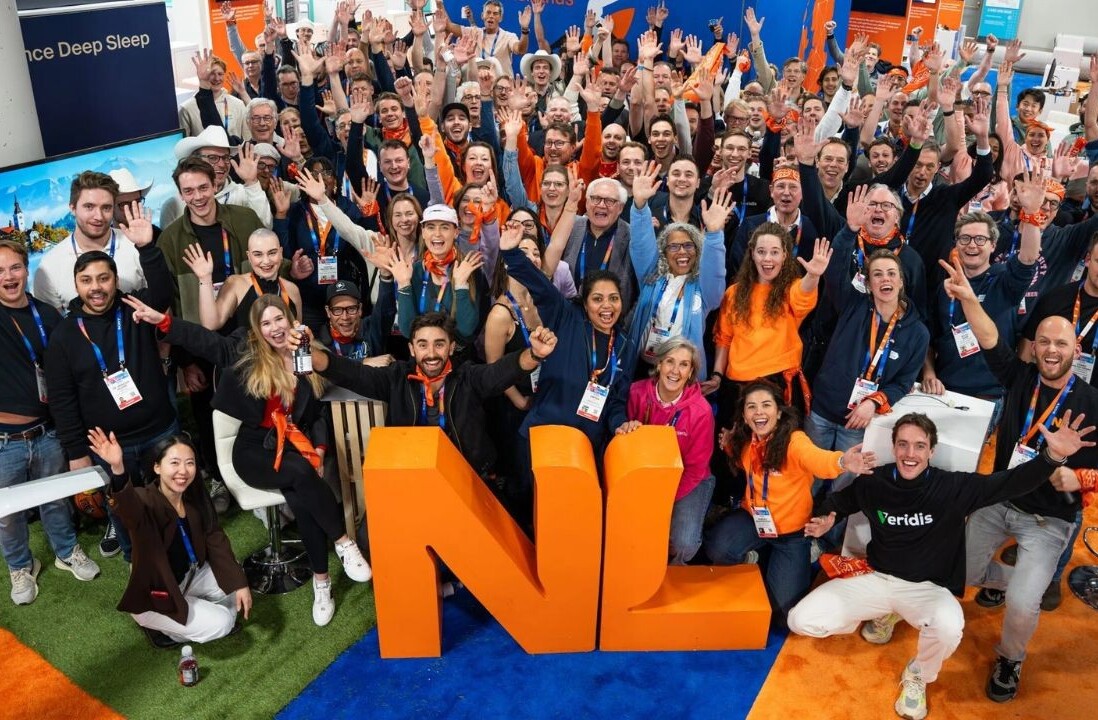Facebook today announced a new technique in in its language translation which works faster and more accurately. It also helps Facebook catch problems across all languages more quickly.
The site now has multilingual word embedding, which it says is 20 to 30 times faster than the natural language processing it had been using. Up to now, Facebook says translating for a new language took almost as long as building a new application. Now it uses language vectors which group words with the same meaning together.
According to Facebook, more efficient translation is not only helpful for the obvious reason, but because it means Facebook can release features more swiftly, since it doesn’t have to wait as long for translations. It’s also using its multilingual embeddings to detect policy-violating content that might otherwise slide under the radar. Since the new machine translation raised accuracy to 95 percent, it means Facebook’s detection systems can more easily spot intent and purpose behind non-English posts.
At present, Facebook says it’s working on translating idioms and other cultural nuances that might not cross the barrier quite so easily. At present, it’s using multilingual embedding with success on German, French, and Spanish, and it’s working to bring the same embedding to the other 100 or so languages available to Facebook users.
Updated for clarity.
Get the TNW newsletter
Get the most important tech news in your inbox each week.





